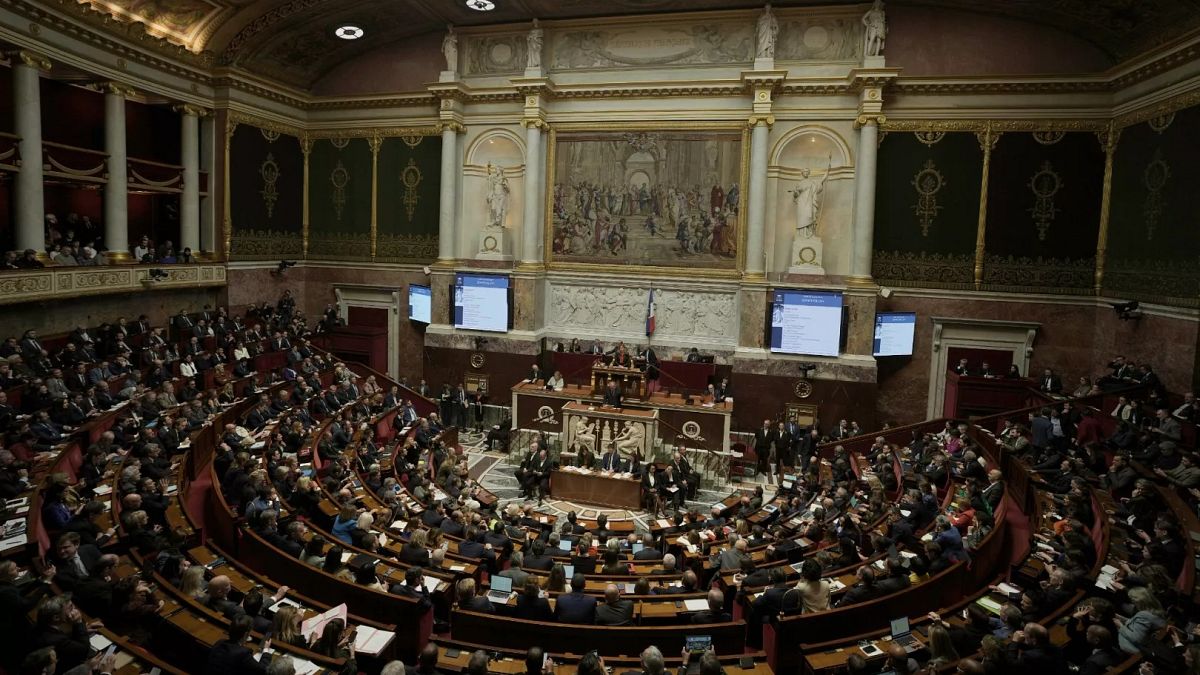

As the world navigates through complex geopolitical landscapes, recent events in France, Ukraine, and Israel have further shaped international discourse. In this overview, we will explore the current developments in these regions with a mindful approach, allowing us to understand the situation without the anxiety often associated with global news.
In France, political dynamics are being closely watched as speculation continues over the stability of the current government. Discussions around potential shifts in leadership have been prominent, fueled by current events that could influence France’s role within the European Union. This potential for change is seen as a pivotal moment for France, a nation so integrally linked with the broader EU project. Yet, in the midst of these political conversations, there is a shared collective hope that whatever changes occur will be guided by the enduring principles of peace and cooperation that have long defined the region.
Simultaneously, French President Emmanuel Macron finds himself at the center of controversy following reports of possible preparations for military action in 2026. Speculative narratives have emerged from various outlets, including the satirical newspaper “Le Canard enchaîné,” inciting debate among citizens about the future direction of France’s military engagement. Nevertheless, it is important for observers to separate rhetoric from reality, focusing instead on the broader pursuit of diplomacy and dialogue. It is through this lens that France, together with its global partners, can navigate these challenges constructively.
Shifting focus to Eastern Europe, tensions continue in the Ukraine conflict as statements from Russian President Vladimir Putin reiterated the complexities of reaching an agreement with Ukraine, particularly on its NATO membership aspirations. The dialogue between Russia and Ukraine remains fraught, with each side maintaining firm positions. Yet, even amid these challenges, there remains a shared longing for peace and a resolution that honors the sovereignty and security of the region. As the international community watches, there is a continuous call for renewed efforts in diplomacy and dialogue, highlighting the power of negotiation over conflict.
In the Middle East, nearly two years have passed since the fateful attacks by Hamas on October 7, with Israelis gathering to commemorate and reflect on the events that unfolded. Families of hostages held in the Gaza Strip have vocalized appeals to Prime Minister Benjamin Netanyahu, urging the government to prioritize the safe return of captives. This poignant milestone marks not just the remembrance of past events but also the collective hope for peace and reconciliation in a region that has long sought stability. As gatherings take place across Israel, they symbolize a community’s resilience and unwavering hope for a harmonious future.
In synthesizing these global narratives, the undercurrent of these developments is a quest for stability and peace. While each region faces its unique challenges, they all share a collective aspiration towards dialogue, understanding, and cooperation. As we hold space for these stories, may we find comfort in the potential for peaceful resolutions and hope in the enduring spirit of collaboration.
Source: {link}
